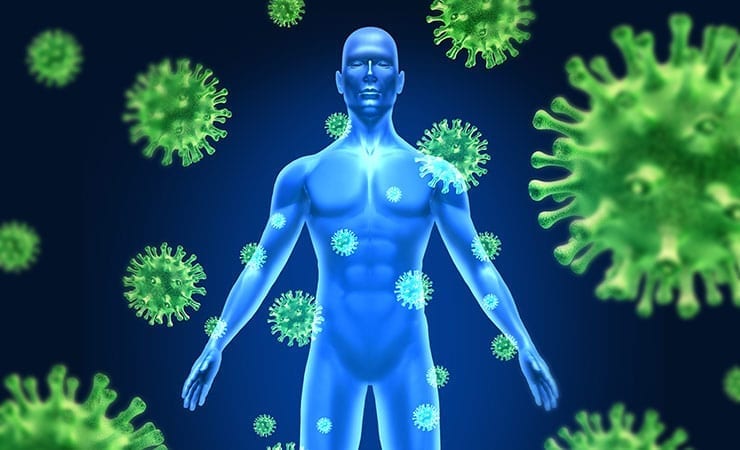The Centers for Disease Control and Prevention (CDC) today warned that the current 2014-2015 flu season could be severe.
So far this year, seasonal influenza A H3N2 viruses have been most common. There often are more severe flu illnesses, hospitalizations, and deaths during seasons when these viruses predominate. For example, H3N2 viruses were predominant during the 2012-2013, 2007-2008, and 2003-2004 seasons, the three seasons with the highest mortality levels in the past decade. All were characterized as “moderately severe.”
Early data suggests that roughly half of the H3N2 viruses analyzed are drift variants: viruses with antigenic or genetic changes that make them different from that season’s vaccine virus. This means the vaccine’s ability to protect against those viruses may be reduced, although vaccinated people may have a milder illness if they do become infected.
During the 2007-2008 flu season, the predominant H3N2 virus was a drift variant yet the vaccine had an overall efficacy of 37 percent and 42 percent against H3N2 viruses.
“While the vaccine’s ability to protect against drifted H3N2 viruses this season may be reduced, we are still strongly recommending vaccination,” said Joseph Bresee, M.D., Chief of the Influenza Epidemiology and Prevention Branch at CDC. “Vaccination has been found to provide some protection against drifted viruses in past seasons. Also, vaccination will offer protection against other flu viruses that may become more common later in the season.”
Influenza viruses are constantly changing. The drifted H3N2 viruses were first detected in late March 2014, after World Health Organization (WHO) recommendations for the 2014-2015 Northern Hemisphere vaccine had been made in mid-February. At that time, a very small number of these viruses had been found among the thousands of specimens that had been collected and tested.
Those at high risk from influenza include children younger than 5 years (especially those younger than 2 years); adults 65 years and older; pregnant women; and people with certain chronic health conditions such as asthma, diabetes, heart or lung disease, and kidney disease.
CDC recommends that people at high risk check with their doctor or other health care professional promptly if they get flu symptoms. Studies show that flu antiviral drugs work best for treatment when they are started in the first 48 hours after symptoms appear. Flu symptoms can include fever, cough, sore throat, runny or stuffy nose, body aches, headache, chills and fatigue.
Source: CDC press release, adapted.



